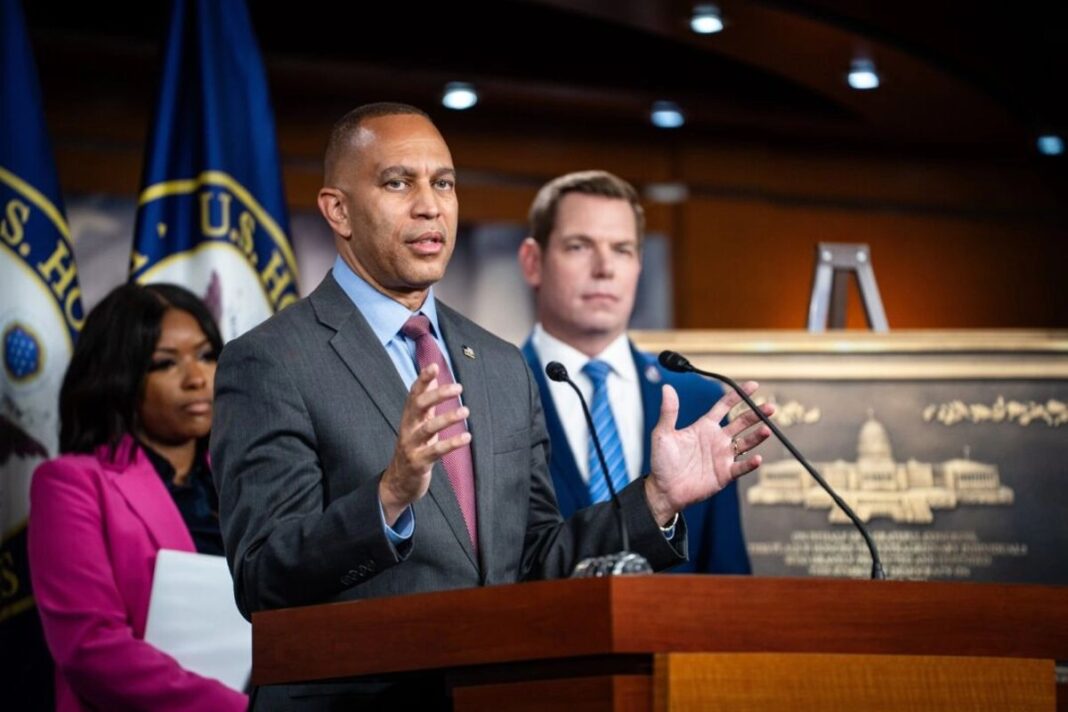Shoppers shrug off modest price pressures last month, according to new PCE data.
Consumers continued to support the U.S. economy as they opened their wallets in August, shrugging off modest increases in price pressures.
Personal consumption expenditures increased by 0.6 percent, surpassing the market consensus of 0.5 percent, according to a Bureau of Economic Analysis (BEA) report published on Sept. 26. This was up from the previous month’s 0.5 percent gain, signaling the continued resilience of U.S. consumers.
Income and spending data came in better than Wall Street’s expectations.
Personal income increased at a higher-than-expected pace of 0.4 percent, driven by modest broad-based gains in wages and salaries, interest and dividend income, and government transfer receipts.
The personal saving rate declined for the fourth straight month to 4.6 percent.
Inflation in the annual Personal Consumption Expenditures (PCE) price index—the Federal Reserve’s preferred inflation measure—rose to 2.7 percent in August from 2.6 percent in the previous month,
On a monthly basis, the PCE price index jumped 0.3 percent, up from 0.2 percent in July.
Excluding the volatile energy and food categories, inflation in the core PCE price index was unchanged at 2.9 percent year over year. The index also rose 0.2 percent for the second consecutive month. All readings were in line with economists’ forecasts.
U.S. stocks added to their gains following the PCE data in pre-market trading, while Treasury yields mostly slipped.
Looking ahead to the September batch of inflation reports, early estimates suggest that price pressures will continue to build.
The headline annual inflation rate in the Consumer Price Index is expected to reach about 3 percent for the first time since January, according to the Cleveland Federal Reserve’s Inflation Nowcasting Model.
Implications for the Federal Reserve
Monetary policymakers are unlikely to be swayed by the recent figures.
Federal Reserve Chair Jerome Powell reiterated that the likely base-case scenario is that the current administration’s tariffs will lead to a one-time price adjustment rather than a prolonged period of inflation. In other words, tariff-driven inflation is expected to be transitory.
“We will make sure that this one-time increase in prices does not become an ongoing inflation problem,” Powell said at the Sept. 23 Greater Providence Chamber of Commerce event.
By Andrew Moran








